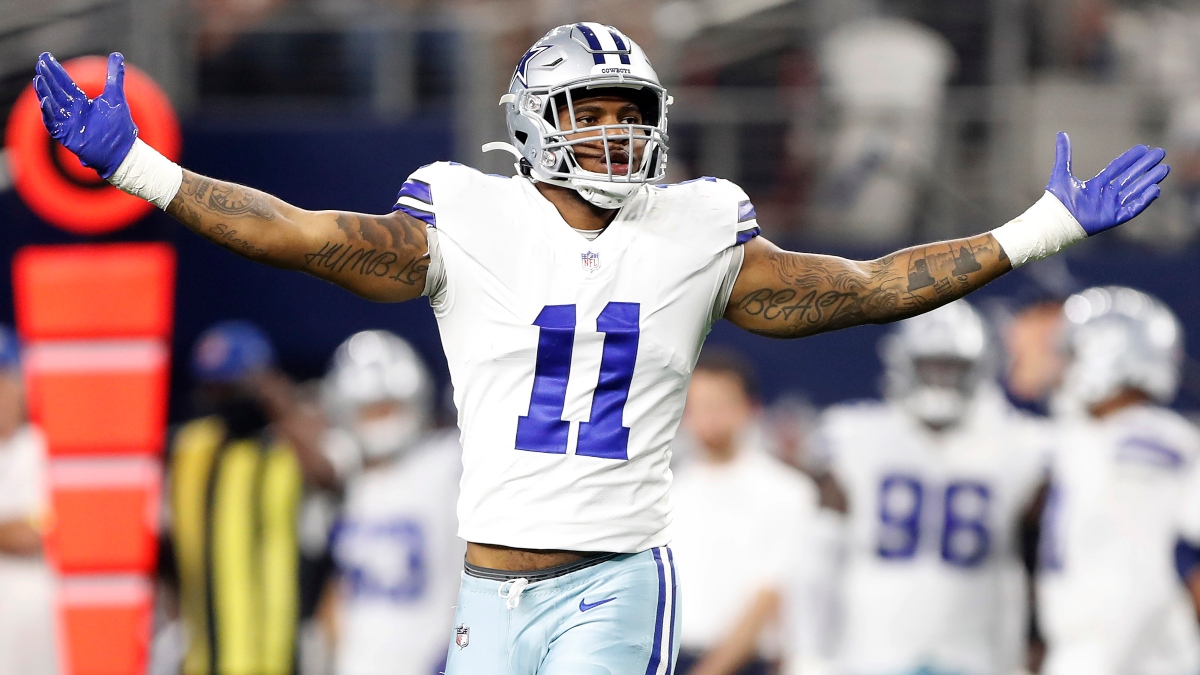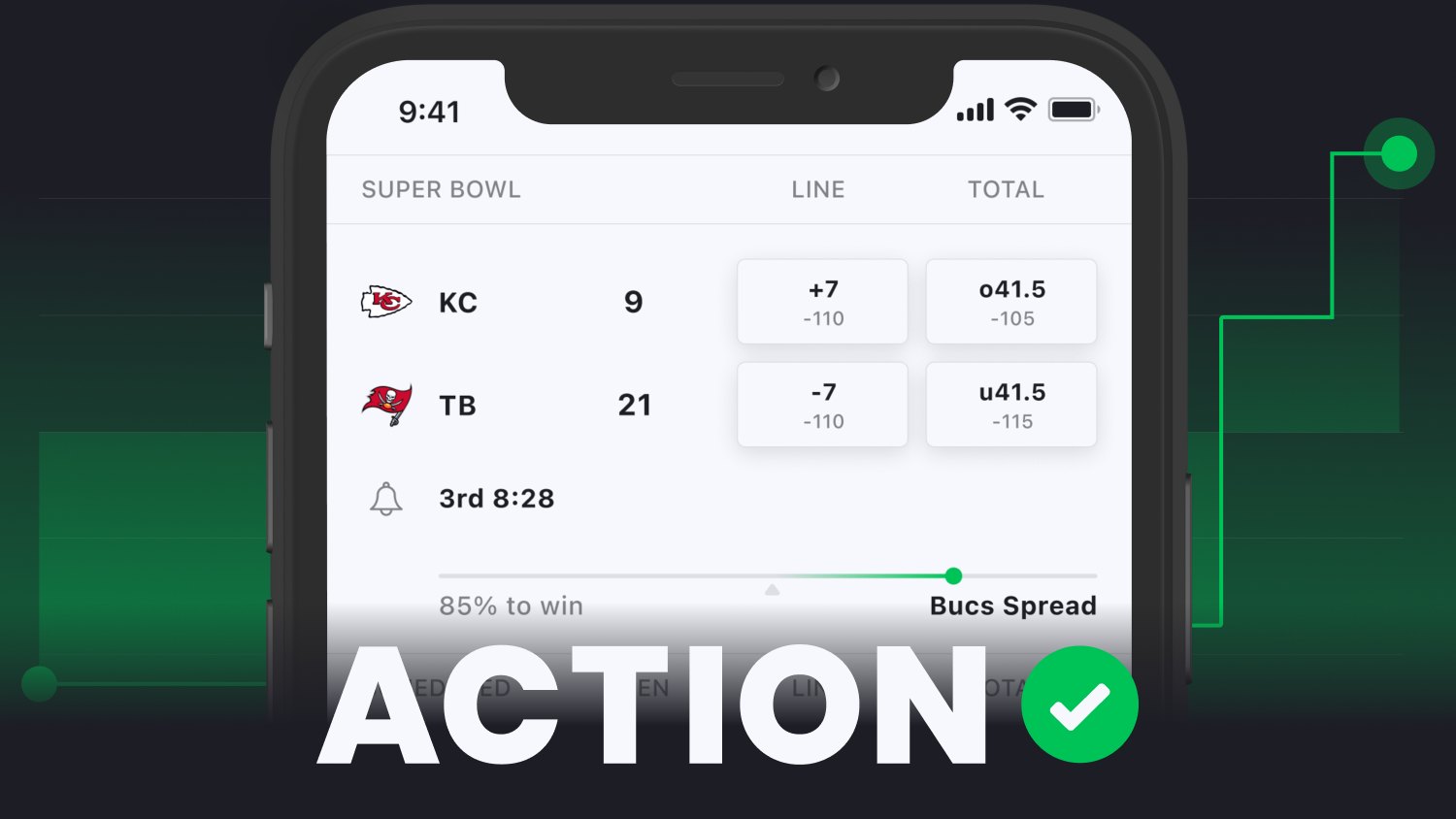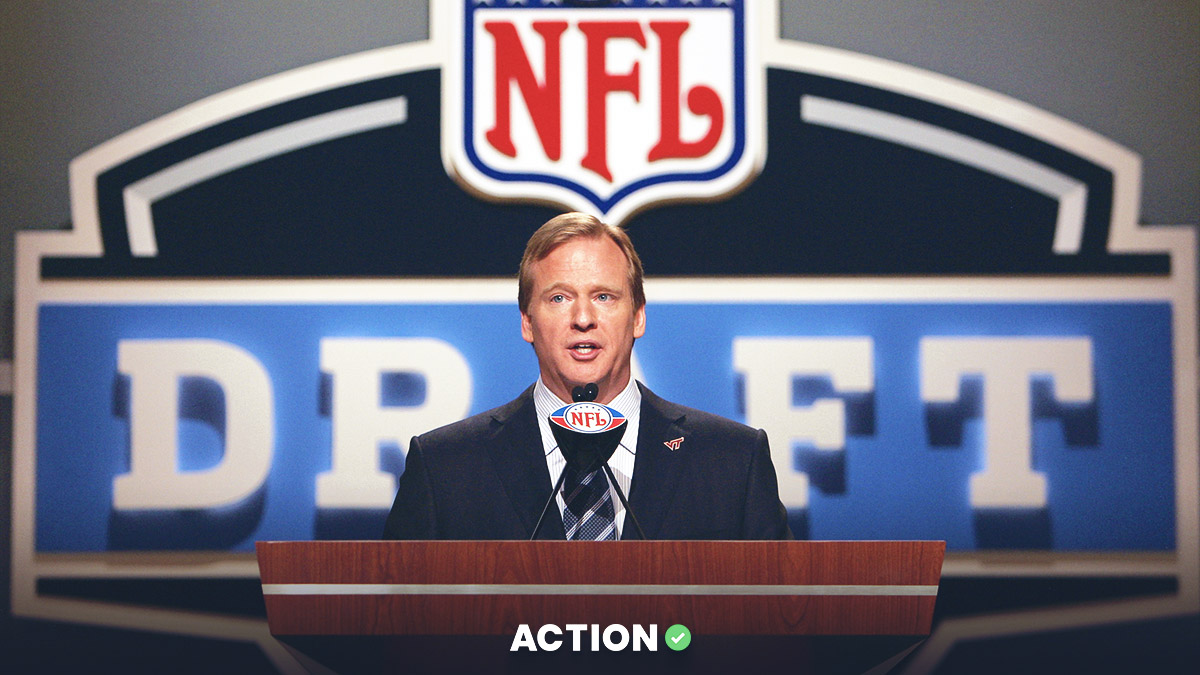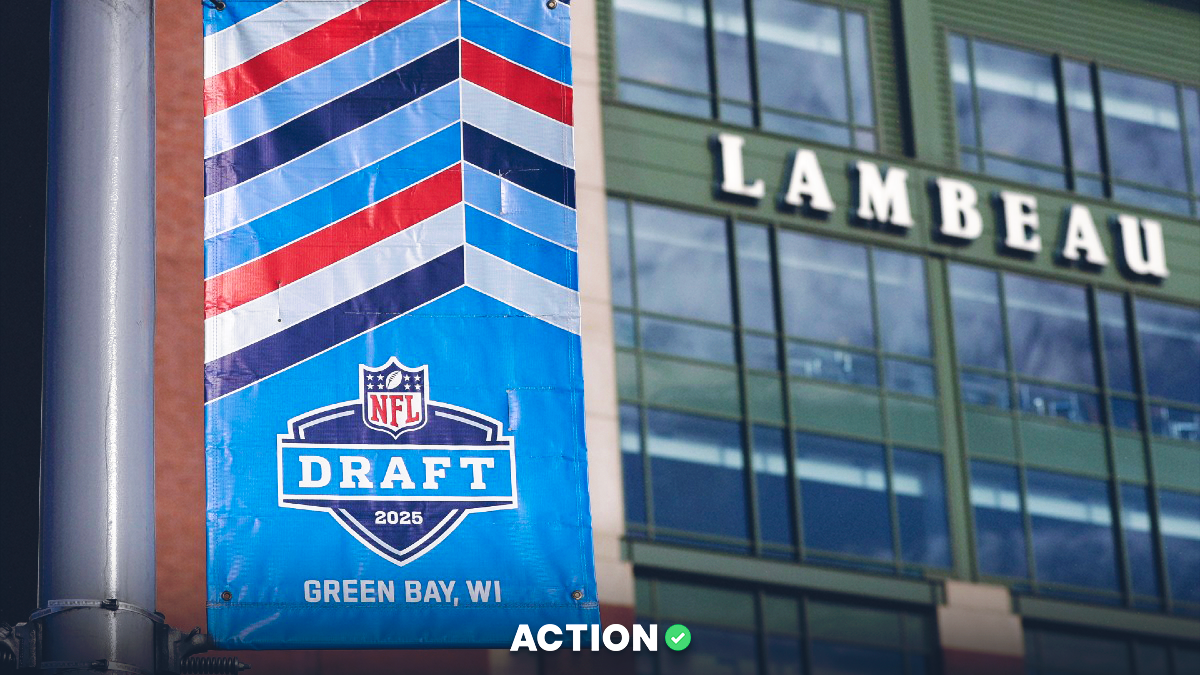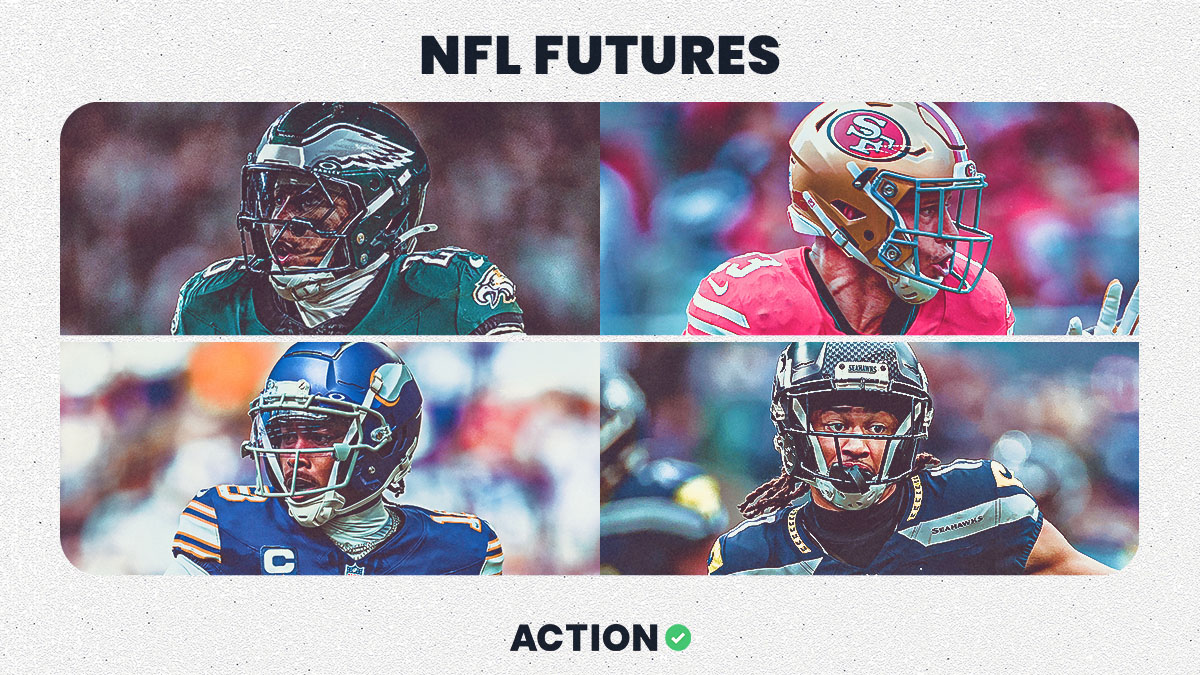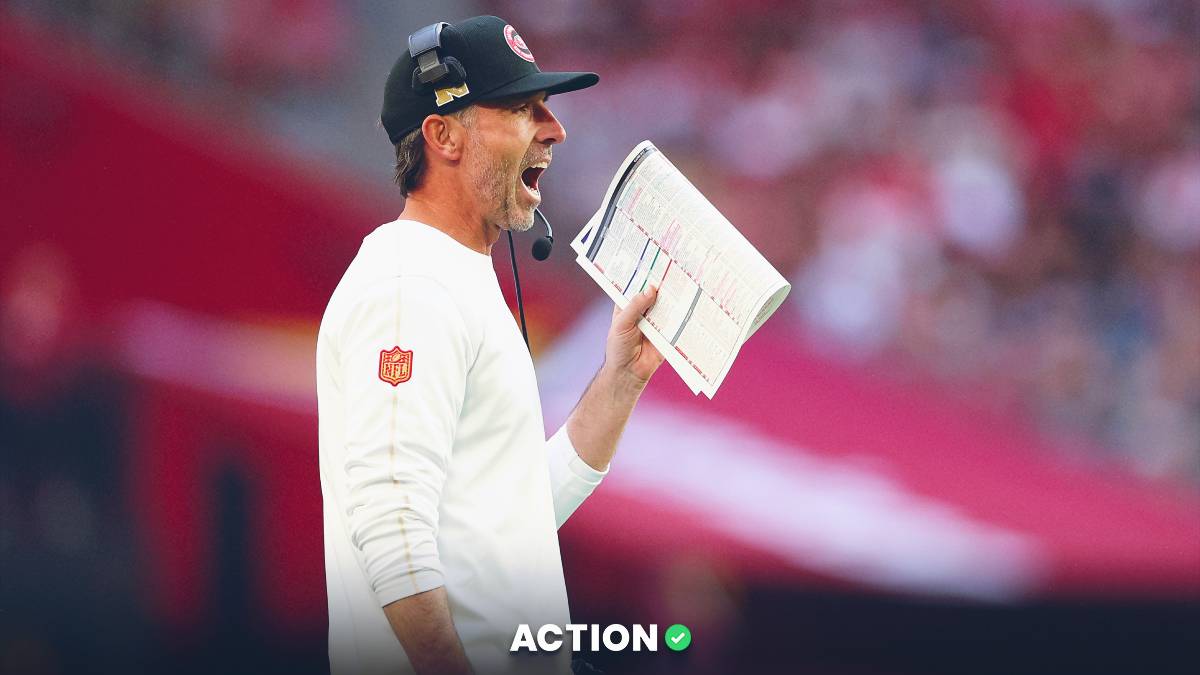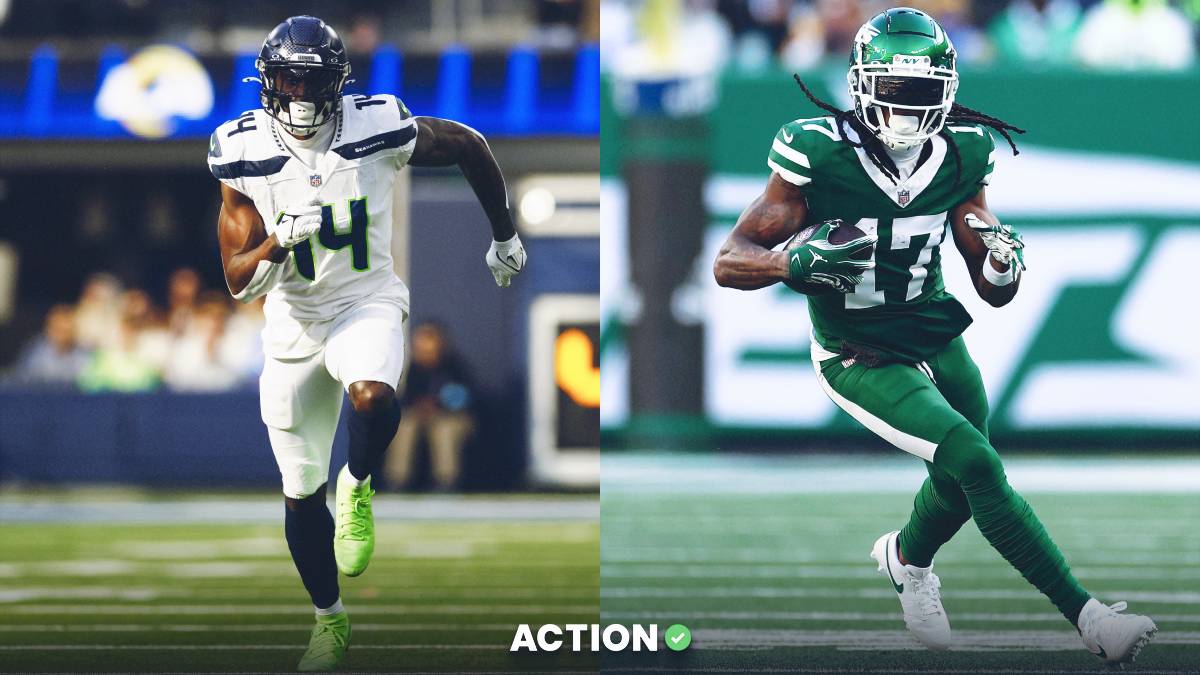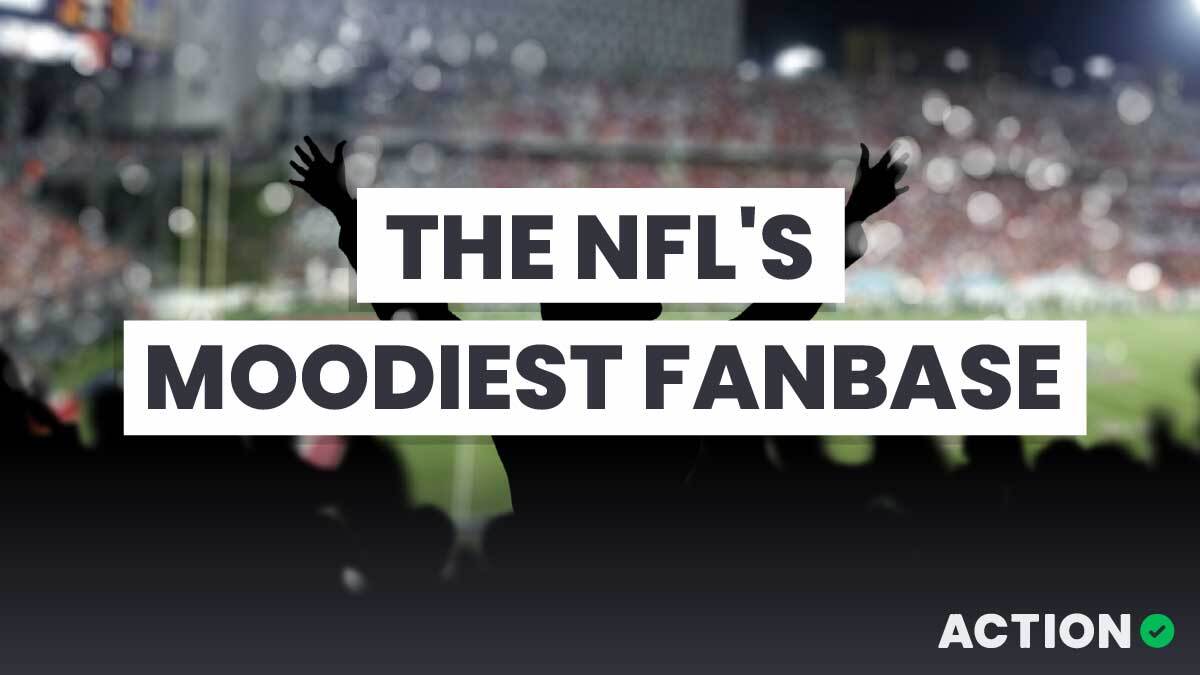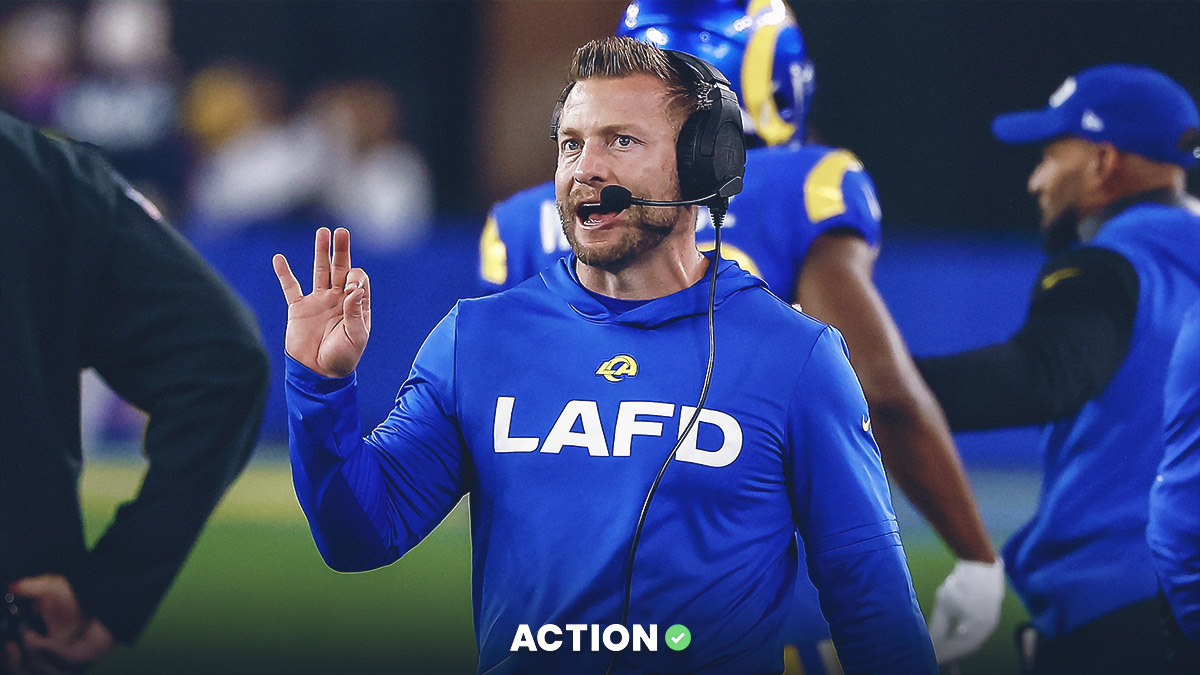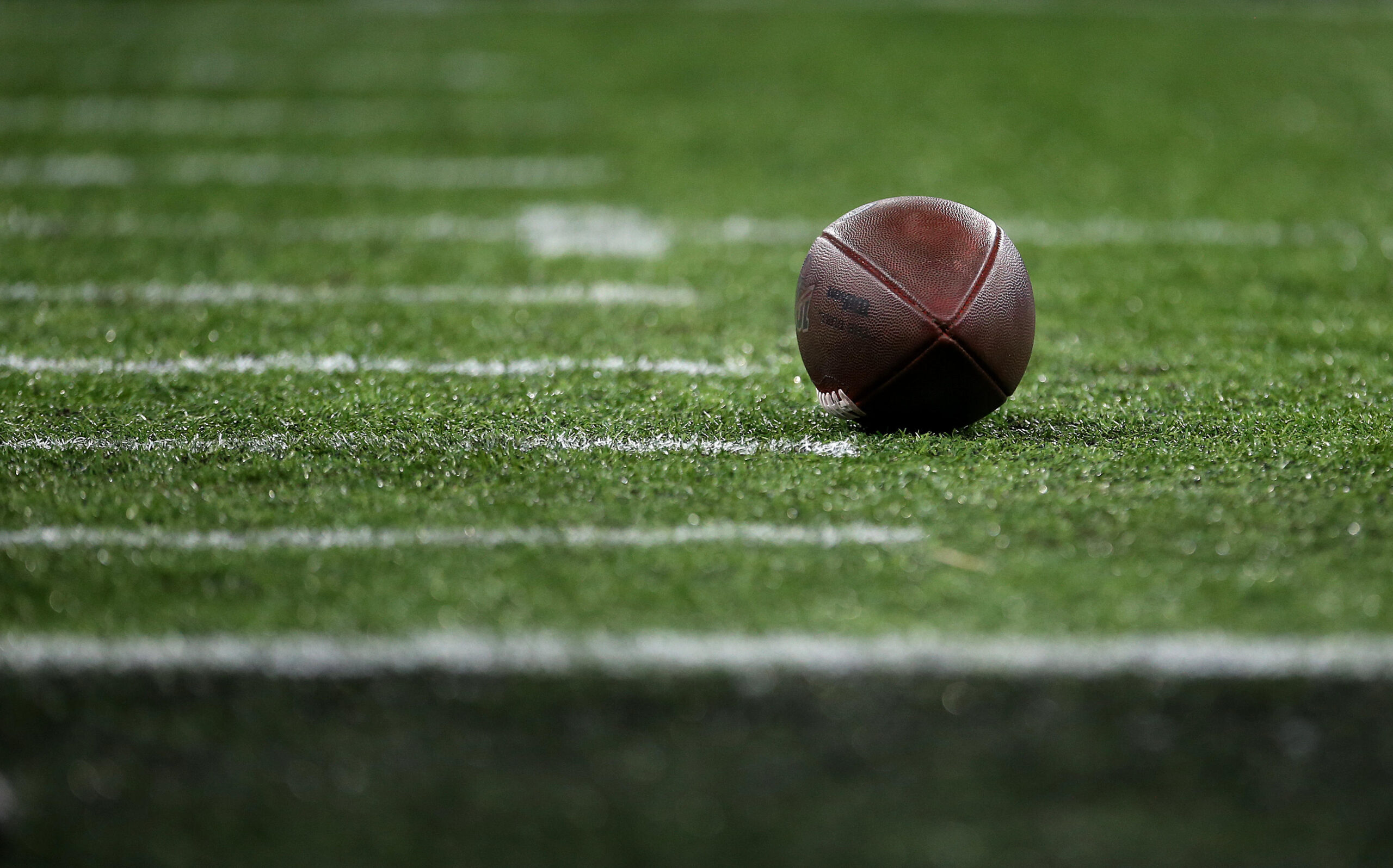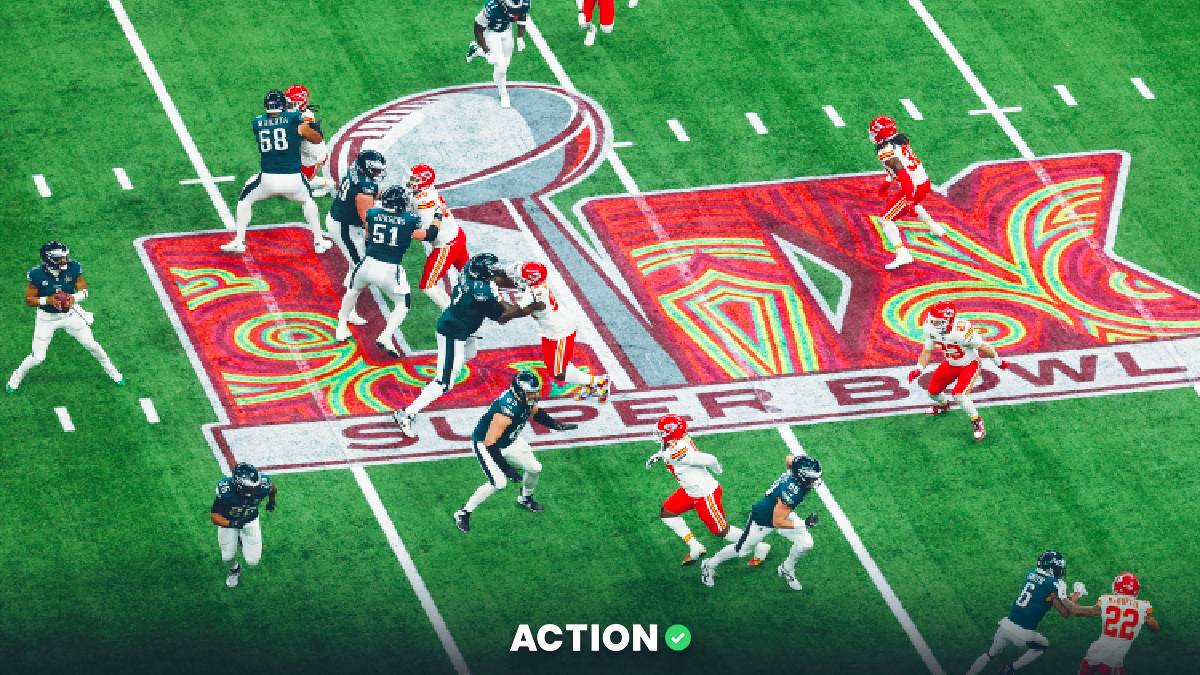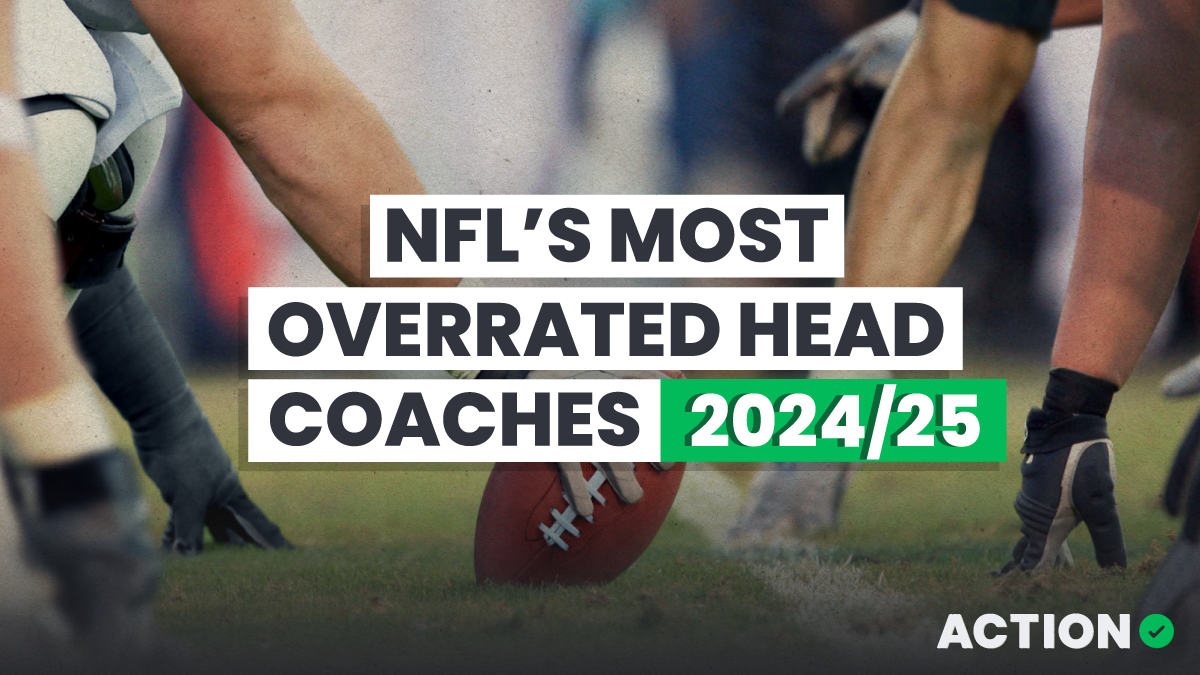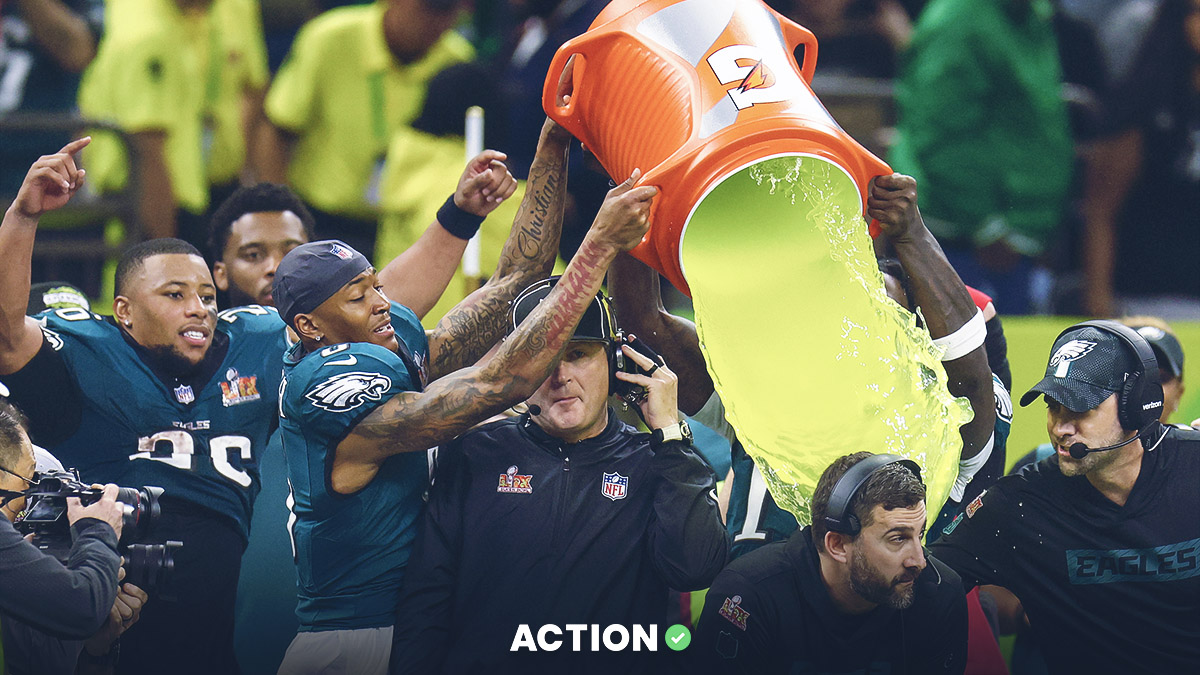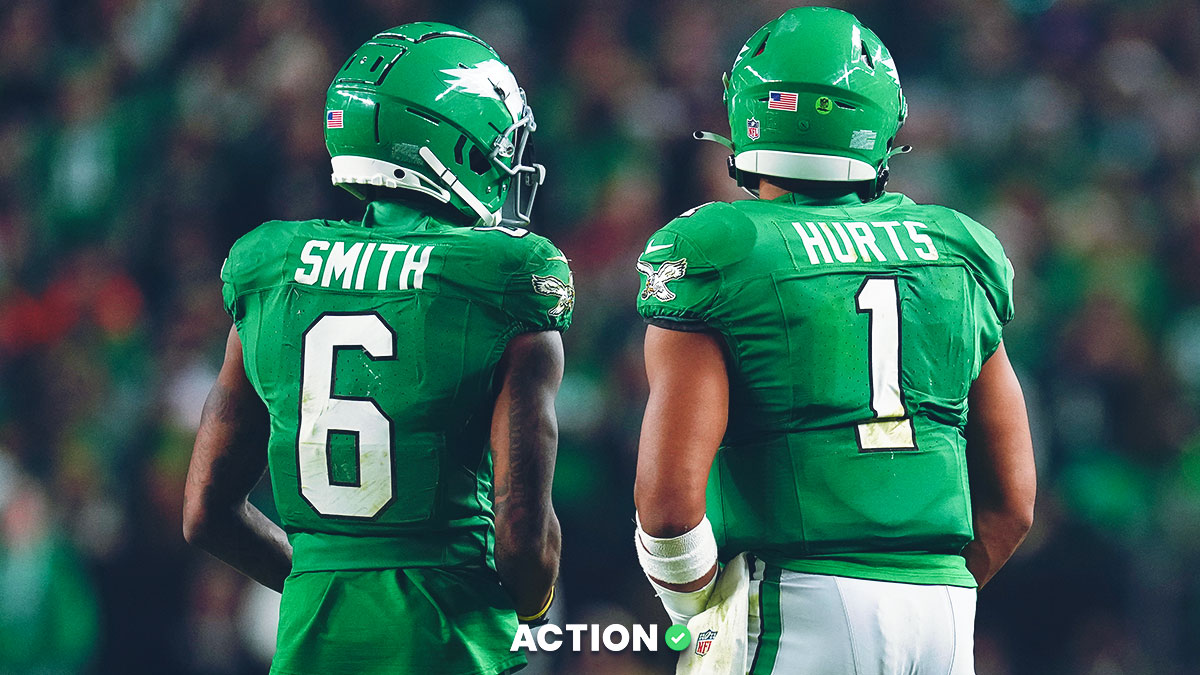So, you want to pick the NFL Defensive Rookie of the Year winner? Great.
Hopefully it's a front seven player who can rush the pass. If the player's new team's defense was terrible last year and takes a step forward, that'll be quite helpful, too.
The betting market for awards like this is fascinating because it's often subjective and narrative-driven.
I'm going to dive into how voters have voted for Defensive Rookie of the Year in the past, the kinds of players who usually win this award, and a rubric for players in 2022 who check all the historical boxes.
The Definition
The definition: "The Associated Press NFL Defensive Rookie of the Year Award is an annual award given to the top defensive first-year player in the National Football League."
Our definition: "This award is given to the defensive player who posts a lot of sacks for a defense that improves significantly year-over-year."
The Previous Winners
We don't have a ton of odds data for this award (h/t SportsOddsHistory for what we do have), but it's been mostly favorites winning with a few longshots mixed in.
The Positions
Does a particular position win the award?
DROY was a linebacker award. LBs won 26 of the 47 years from 1967-2012.
And many of those winners were more traditional inside linebackers who racked up lots of tackles and not much else. The NFL was much different even a decade ago.
Then in 2013, Defensive Rookie of the Year became more of a pass-rushers award as the NFL began placing more emphasis on pass rushing. But the positions start to get a little murky since those pass-rushers are sometimes listed as DEs and sometimes as LBs or EDGE.
Six of the last eight winners have posted at least seven sacks, which were their primary statistical contribution.
Cornerbacks and safeties rarely win. They have just two wins since 1999 and 10 all-time.
The Voting
How does the voting work?
Who votes: 50 Associated Press members who cover the league get votes. The NFL considers the AP Rookie of the Year award its official honor.
How many votes: Voters pick one player, so there are only 50 total ballots.
When do they vote? End of the regular season.
Any regional voting biases? Not really.
How many players get votes? Not a lot — 2.8 players per year get votes — so it's usually anywhere from 2-4. Micah Parsons was a unanimous winner last season.
Lots of different positions have received votes.
The Narrative
Does a player need some "positive narrative" in their favor to win?
Yes. Because defensive statistics are harder to quantity, having a team narrative really, really helps. The winner's team often improves in basic, raw stats year-over-year.
Take Chase Young in 2020. He had just 7.5 sacks, but Washington went from one of the league's worst defenses to one of the best (finishing second in yards per play and fourth in points allowed). And his team made the playoffs.
The narrative: Bad team uses No. 2 pick on elite pass-rusher to bolster defense, defense makes huge statistical gains from year prior, team makes playoffs.
In recent years, it hasn't just been Young. Look at how these defenses have improved in points allowed per game from the year before the rookie arrived.
It just so happens that defensive performance is less predictable year over year, so you have defenses making big statistical jumps much more easily than offenses. The rookie may have helped a little, but that player is often just in the right situation at the right time.
Micah Parsons' stats were so good last year he didn't need a narrative, but he had one. The Cowboys' usually-leaky defense went from 28th in points allowed in 2020 to seventh in 2021.
The five worst defenses last season mostly focused on defense in this draft and have several players among the DROY favorites.
32.Jets
31.Lions
30.Falcons
29.Chargers
28.Jaguars
The Stats
What kinds of stats do voters care about?
Sacks; sometimes tackles or interceptions. Defensive stats are strange, because sacks and interceptions have an obvious benefit to your defense, but there aren't a lot of them.
And there are lots of tackles, but are they always evidence of something good? Is a tackle after a 12-yard gain good? Or was the defender just there?
When Young won in 2020, he had just 44 total tackles and 7.5 sacks. The other three players to get votes all had 100+ tackles.
You have to play, but missing a few games won't kill you. Most players played at least 15 games, but a handful played 12-13 and still won.
Grading data, like PFF, seems to matter more now. Because defensive performance is harder to quantify, voters seem to be relying on metrics like PFF nowadays.
Young for example had the fifth-highest grade of all defensive ends in his rookie season.
When Marshon Lattimore won in 2017 — the rare defensive back to win it — he had the highest rookie grade ever halfway through the season.
The Team
Does the winner have to play for a good team?
ROY winners can play for bad teams. Seven of the last 12 winners have played for 8-8 or sub-.500 teams.
Again, it's more about the defense improving.
That opens up the player pool.
The Draft Position
Since 2010, every winner but Colts LB Darius Leonard was a first-round pick. And Leonard went 36th overall.
Five of those winners went No. 2 or No. 3.
I'm not sure what's causation vs. correlation, but there haven't been many late-rounders to win in recent years.
Because there are fewer defensive stats, name recognition probably helps.
The 2022 Candidates
OK, so who has a shot to win this year? Based on the criteria outlined above, we can put together a rough list.
- Position: Do they play defensive end or linebacker?
- Stats: Can they put up the right kinds of stats? Sacks if they're a pure pass-rusher, tackles and some sacks if they're a more traditional linebacker. And is there a logical path to playing time to get those stats? I used the OurLads depth charts for that.
- Narrative: Does their defense have an opportunity to improve significantly from last season?
Players to Watch
There are just eight players who check every box, even if my box-checking is somewhat subjective.
I'm comfortable eliminating anyone in the secondary. They need interceptions, which are just too hard to predict. Even if Derek Stingley posted elite PFF coverage grades but only had two picks, I don't think that would be enough.
Baltimore's Kyle Hamilton is interesting because even though he's a safety, he might play more like a linebacker. And the Ravens defense was so banged up last year it's bound to take a big step forward. But he didn't have any sacks in college, so he'd need some INTs or start rushing the passer.
Favorites
The players at the top are there for a reason — Aidan Hutchinson, Travon Walker, etc. — but the prices aren't great. There are a few interesting names further down.
- Devin Lloyd, LB, Jaguars, 15-1 at FOX Bet. Lloyd stuffed the defensive box score for Utah his whole career. In his senior season, he had 111 tackles, 22 tackles for a loss, seven sacks, four interceptions, six pass breakups, a forced fumble and a fumble recovery. He rushed the passer plenty and played in coverage. His path is like Darius Leonard's — rack up a ton of tackles and chip in some sacks and INTs for an improved defense.
Mid-Tier
- George Karlaftis, DE, Chiefs, 20-1 at BetRivers: Karlaftis' stock fell in the months leading up to the draft, but he has strong measurables and college production. He might have a shot to play right away with how thin the Chiefs are on the edge. And KC's opponents should be throwing plenty, giving him opportunities to rack up sacks.
Longshots
This isn't an award for longshots, but there's one player down the list who checks all three boxes.
- Arnold Ebiketie, EDGE, Falcons, 50-1 at BetMGM. Ebiketie transferred from Temple to Penn State in 2021 and put up a monster season with 9.5 sacks and 18.5 tackles for loss. The Falcons traded up to get him and might play him right away. He'll suffer from a lack of name recognition, but if he puts up enough sacks, he'll garner some attention.


